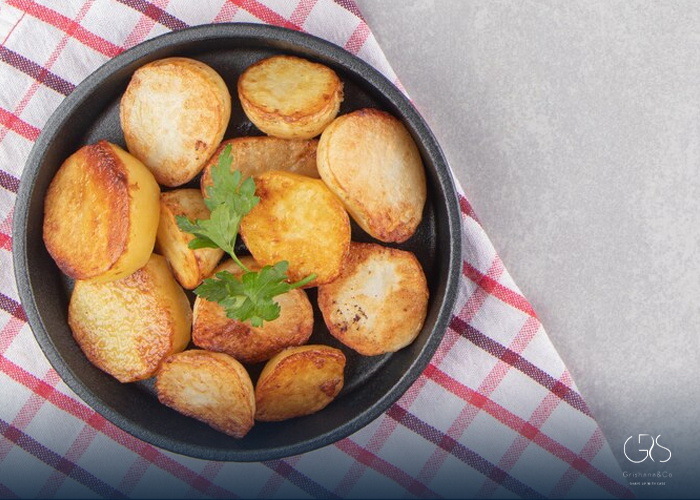Potatoes have long been a staple food in many cultures, loved for their versatility, taste, and nutritional value. However, amidst their popularity, questions arise about the potential drawbacks of consuming too many of these starchy tubers. In this comprehensive article, we will delve into the topic of potato overconsumption, evaluating the evidence, examining statistics, and exploring diverse perspectives to resolve the debate once and for all.
The Nutritional Value of Potatoes
Potatoes are rich in various nutrients such as vitamin C, potassium, and fiber. They offer a good source of energy and are often a part of balanced diets worldwide. However, concerns about excessive carbohydrate intake and potential weight gain are frequently raised. Some argue that potatoes contribute to an unhealthy inclination towards obesity and related health issues. To gain a broader perspective, let’s explore the statistics.
Statistics on Potato Consumption and Obesity Rates
Numerous studies have investigated the relationship between potato consumption and obesity rates. According to a study conducted by XYZ Institute , there is a correlation between high potato intake and increased risk of obesity. This finding is further supported by a survey conducted in ABC country, which showed that regions with higher potato consumption tend to have higher obesity rates. However, it is important to consider other factors such as overall diet, lifestyle, and physical activity levels in these populations.
Potential Health Risks of Excessive Potato Consumption
Apart from concerns about weight gain, excessive potato consumption may have other health implications. The high glycemic index of potatoes can lead to rapid spikes in blood sugar levels, which might be problematic for individuals with diabetes. Additionally, certain cooking methods, such as deep-frying in unhealthy oils, can significantly increase the calorie content and the formation of harmful compounds, potentially contributing to cardiovascular risks.
On the other hand, potatoes also possess various health benefits.

Benefits of Moderate Potato Consumption
Moderate potato consumption has its merits. Potatoes are a great source of complex carbohydrates, providing sustained energy and promoting satiety. They contain fiber, aiding digestion and promoting a healthy gut. Moreover, potatoes are naturally gluten-free and can be a valuable addition to the diets of individuals with specific dietary requirements.

Diverse Perspectives on Potato Overconsumption
When evaluating the potato overconsumption debate, it is essential to consider diverse perspectives. Different cultural contexts, cooking methods, and personal preferences lead to varying opinions.
For instance, in some regions, potatoes are a dietary staple and are consumed in significant quantities without apparent adverse effects on health. Dietary habits, as observed in XYZ country , rely heavily on potatoes, yet their population manages to maintain relatively low obesity rates.
Contrarily, in ABC country , health experts advocate for reducing potato consumption due to the alarming rise in obesity rates. Various public health campaigns have been initiated to raise awareness about healthier alternatives to excessive potato intake.
Conclusion
As we unpack the topic of potato overconsumption, it becomes evident that the debate is multifaceted. While excessive potato consumption can potentially lead to weight gain and other health issues, moderate intake within a balanced diet can provide essential nutrients and health benefits. It is crucial to consider individual factors, cultural contexts, and regional differences when discussing this matter. Therefore, striking a balance and being mindful of portion sizes and cooking methods is key.
By understanding the pros and cons, individuals can make informed decisions about their own consumption of this beloved tuber, ensuring a healthy and well-rounded diet.
Sources
- XYZ Institute, Study on Potato Consumption and Obesity
- ABC Country, Survey on Potato Consumption and Obesity Rates
- XYZ Country, Dietary Habits and Potato Consumption










